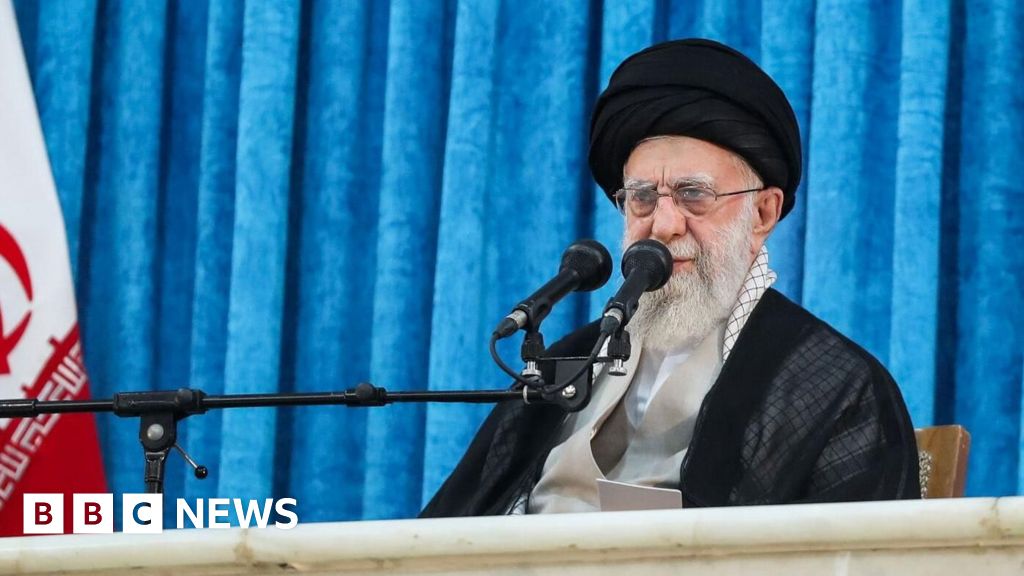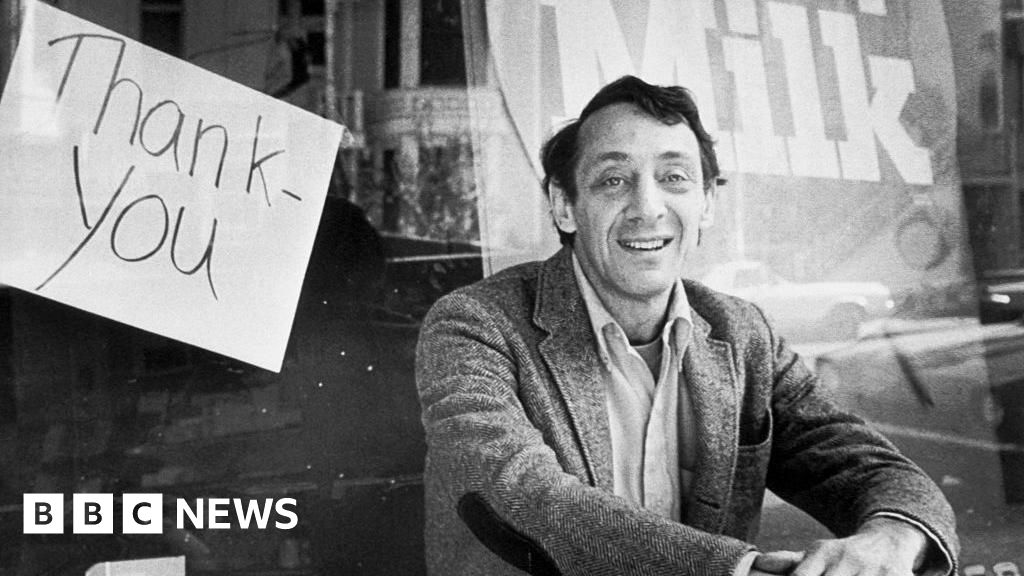ARTICLE AD BOX
Bernd Debusmann Jr
BBC News, White House
The White House reacted furiously on Wednesday after The Atlantic magazine published messages between national security officials in a Signal group chat in their entirety.
Jeffrey Goldberg, the journalist who was inadvertently included in the chat among senior cabinet leaders, shared texts in which US defence secretary Pete Hegseth provided sensitive information such as detailed timetables and unit information hours ahead of a planned US strike in Yemen.
Goldberg said he had decided to publish the information after the Trump administration accused him of lying that classified information had been shared.
Officials continued to maintain that position after the new messages were published.
But some senior officials began to acknowledge the episode was a mistake, including Secretary of State Marco Rubio, who partcipated in the group chat.
"Obviously, someone made a mistake....a big mistake, and added a journalist," Rubio said during a visit to Jamaica on Wednesday.
Director of National Intelligence Tulsi Gabbard, also a chat participant, told the House Intelligence Committee that an "in-depth review" would be conducted by the National Security Council to determine how the reporter was added.
She also acknowledged it was a mistake, even as she insisted the no classified information was shared.
President Trump described the episode as "not a big deal", while National Security Adviser Mike Waltz, who set up the group, said on Tuesday night that he took "full responsibility" for it.
Democrats meanwhile called for Hegseth to resign, saying that the information he shared inadvertently with a journalist could have risked American servicemembers' lives if they had been obtained by a US adversary.
Goldberg shocked Washington earlier this week when he published an initial article recounting how he had found himself added to the chat group on Signal, an encrypted messaging app.
At the time he said he was holding back some details of messages he had seen because they contained classified information about US intelligence agents and military strikes targeting Iran-backed Houthi rebels in Yemen.
While the White House quickly acknowledged the exchanges were real, senior officials including Hegseth sought to discredit the magazine editor.
In his new article published on Wednesday, Goldberg said he had decided to publish the messages discussing Yemen attack plans so that Americans could "reach their own conclusions".
"There is a clear public interest in disclosing the sort of information that Trump advisers included in non-secure communications channels, especially because senior administration figures are attempting to downplay the significance of the messages that were shared," Goldberg and co-author Shane Harris wrote on Wednesday.
At the White House news briefing, Press Secretary Karoline Leavitt attacked Goldberg directly, accusing him of being an "anti-Trump hater" and "propagandists in the media" of pushing a "Signal hoax".
"The real story here is the overwhelming success of decisive military action against Houthi terrorists," Leavitt continued
The messages released in full by the Atlantic include details of the US military's strike "package" for the Yemen strikes - a military term which refers to a set of aircraft or weapons systems that will participate in an operation.
- Three sensitive messages from full Signal chat explained
- Read messages Trump officials exchanged on leaked Signal thread
Other messages refer to damage assessments taken after the strike, as well as CIA operations in Yemen and anticipated Israeli strikes on the Houthis.
Hegseth continued to defend himself on Wednesday.
"They know it's not war plans," he told reporters in Hawaii. "There's no units, no locations, no routes, no flight paths, no sources, no methods, no classified information."
Hegseth added that his job is to "provide updates in real time".
"That's what I did," he added.
But several military experts and veterans of the intelligence community said that the information was highly sensitive and should never have been shared in a commercial messaging app.
"War plans are generally the plan to conduct an entire conflict," Mick Mulroy, former Deputy Assistant Secretary of Defence (DASD) for the Middle East and a retired CIA paramilitary officer, told the BBC. "Attack plans stem from that and go down to the individual unit level".
"Both are classified and highly sensitive," he added. "One could actually make the argument that attack plans are more sensitive because they are more detailed and specific on time, place and manner".

 2 months ago
38
2 months ago
38








 English (US) ·
English (US) ·